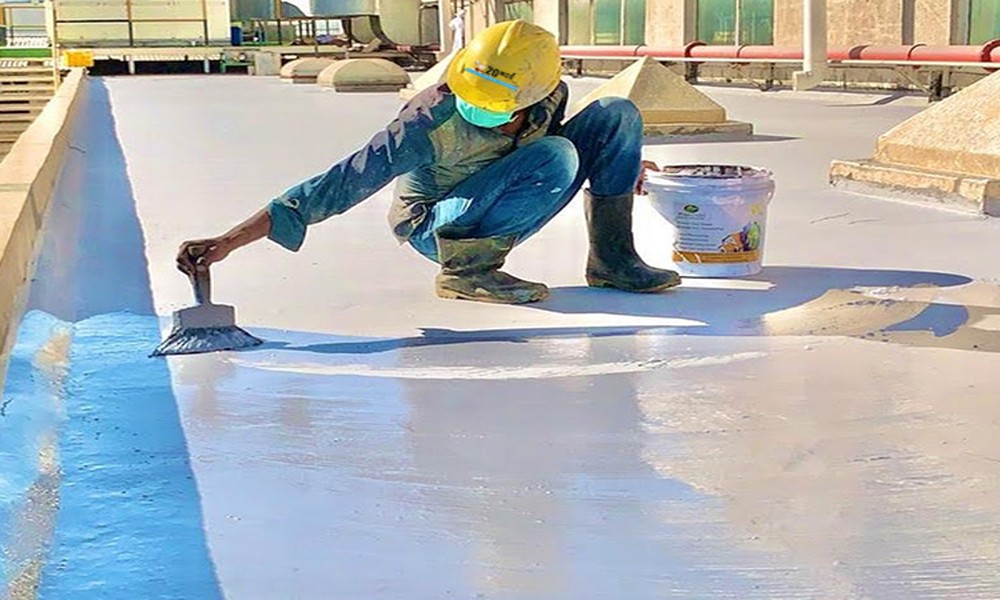
Concrete specialists have an in-depth of the properties of concrete and how to design an optimal concrete mix for a specific project. Factors like the proportions of cement, sand, aggregate, water, and admixtures impact the strength, workability, and other characteristics of the concrete. Specialists know how to fine-tune the concrete mix design to meet the performance specifications and requirements of the project.
Knowledge of industry standards and building codes
There are standards and building codes related to concrete construction that must be followed. Concrete specialists are familiar with relevant industry standards, like those from local building codes. They ensure all concrete work is done properly to meet compliance attempting concrete work without this specialized expertise risks expensive rework down the road.
Experience with modern equipment and techniques
From laser-guided screeds for leveling to new admixtures for particular conditions, concrete construction utilizes a range of modern equipment and techniques. Campbelltown concreting specialists receive ongoing training on the latest equipment and methods for achieving excellent concrete results. Their experience translates to efficiently execute concrete work.
Skilled troubleshooting and problem solving
Despite careful planning, issues inevitably arise in concrete construction. From a longer-than-expected setting time to cracks appearing early, problems must be addressed quickly. Concrete specialists have the skills to troubleshoot issues and make needed adjustments such as adding more cement or water to the mix. Their expertise prevents minor problems from turning into major defects.
Quality control and testing procedures
Concrete specialists know to perform quality control and testing throughout the concrete construction process, which helps avoid mistakes and catch any issues early on. This includes checks on conditions like a slump and air entrainment, as well as compressive strength testing on poured concrete to ensure it meets specifications. Proper quality control procedures result in concrete work that meets design requirements.
Safety training for concrete hazards
Working with concrete brings certain safety risks, such as skin burns from wet concrete, injuries from heavy equipment, and respiratory issues from silica dust. Concrete specialists maintain up-to-date training on safety protocols and equipment needed to work with concrete safely. Proper safety practices ensure concrete construction is completed without incident.
Prep and formwork installation
Proper prep work and high-quality formwork are essential for successful poured concrete. Concrete specialists bring skill and experience in substrate preparation, form construction, alignment, bracing, and form release agent application. Their expertise in formwork helps achieve the designed shape and finish results.
Effective collaboration with other trades
Concrete work is just one part of a larger construction project, which requires coordination with other trades. Concrete specialists understand the intricacies of sequencing and scheduling concrete work with other trades like masonry, framing, and utilities. This coordination expertise prevents delays and conflicts during the construction process.
Access to specialized tools and materials
Concrete specialists have access to specialized tools and materials for concrete work that may not be readily available to general contractors. This includes things like powered screeds for leveling, concrete pumps for placement, concrete saws for control joints, and specialty finishes and treatments. Access to the right tools and materials leads to higher-quality concrete work.







